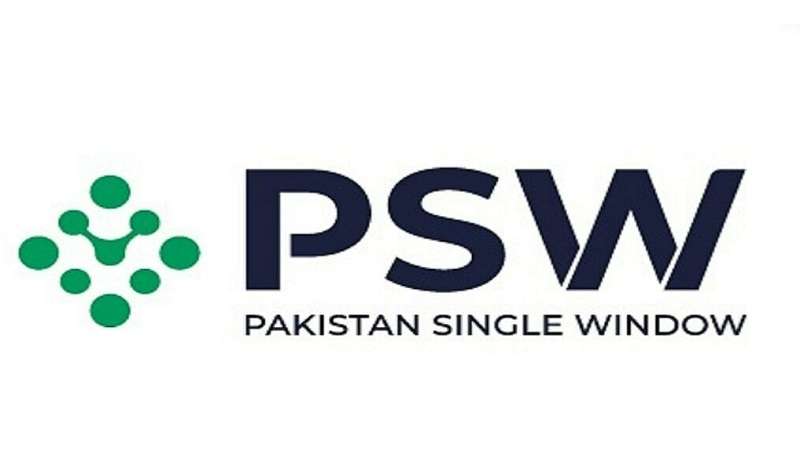Islamabad, August 22, 2023 – In a significant move towards streamlining trade processes and enhancing compliance, the Federal Board of Revenue (FBR) has issued a notification to enforce the Pakistan Single Window (PSW) system for all government agencies.
The FBR has issued SRO 1077(I)/2023, officially announcing the Pakistan Single Window Integrated Risk Management System Rules, 2023.
READ MORE: Pakistan Collects Rs 417 Billion as Sales Tax on Services During FY23
Under these new rules, all government agencies integrated with the PSW system are now mandated to carry out Post Clearance Audits (PCA) of imports and exports. The Pakistan Single Window Integrated Risk Management System (IRMS) Rules, 2023, require these government agencies to establish a mechanism for PCA of transactions processed through IRMS. This mechanism aims to ensure strict adherence to Customs and other trade-related laws and regulations.
READ MORE: Number of Active Taxpayers in Pakistan Reaches Record High at 4.43 Million
The results of these audits will be shared with the respective Governing Council (GC) Risk Management Committees, which will review and update risk rules accordingly. In cases where anomalies, irregularities, or violations are detected through PCA, government agencies will initiate departmental actions against traders or consignments as stipulated under their respective governing statutes. The operating entity responsible for the PSW system will facilitate the sharing of relevant data related to the import, export, and transit of goods and commodities with each government agency, enabling effective PCA of trade transactions. Furthermore, the operating entity will conduct regular training and capacity-building initiatives on PCA for all Government Agencies (GAs).
READ MORE: Salary Taxation in Pakistan: FBR Issues Updated Guidelines
The newly issued rules define “post clearance audit” or “PCA” as a structured examination and other measures carried out by Customs and regulatory agencies to verify the accuracy and authenticity of declarations. This verification is done through the examination of books, records, business systems, and commercial data held by traders and other entities associated with cross-border trade. PCA takes place after goods have been released from Customs and border controls and serves to measure and improve compliance.
In cases where a government agency is non-cooperative, fails to implement IRMS, does not constitute its Risk Management Committee, does not nominate its focal person, or neglects to implement policy guidelines regarding IRMS issued by the Governing Council or the operating entity, including matters related to joint inspections and PCA, the matter may be escalated to the GC for intervention and the issuance of appropriate directives, as emphasized by the FBR.
READ MORE: FBR Sets Heavy Penalties for Income Concealment
The implementation of these rules represents a significant step toward enhancing trade transparency and efficiency within Pakistan, as it aligns with international best practices in customs and trade management. The Pakistan Single Window is expected to further facilitate trade by reducing delays and enhancing compliance with regulatory requirements, ultimately boosting economic growth and development.
